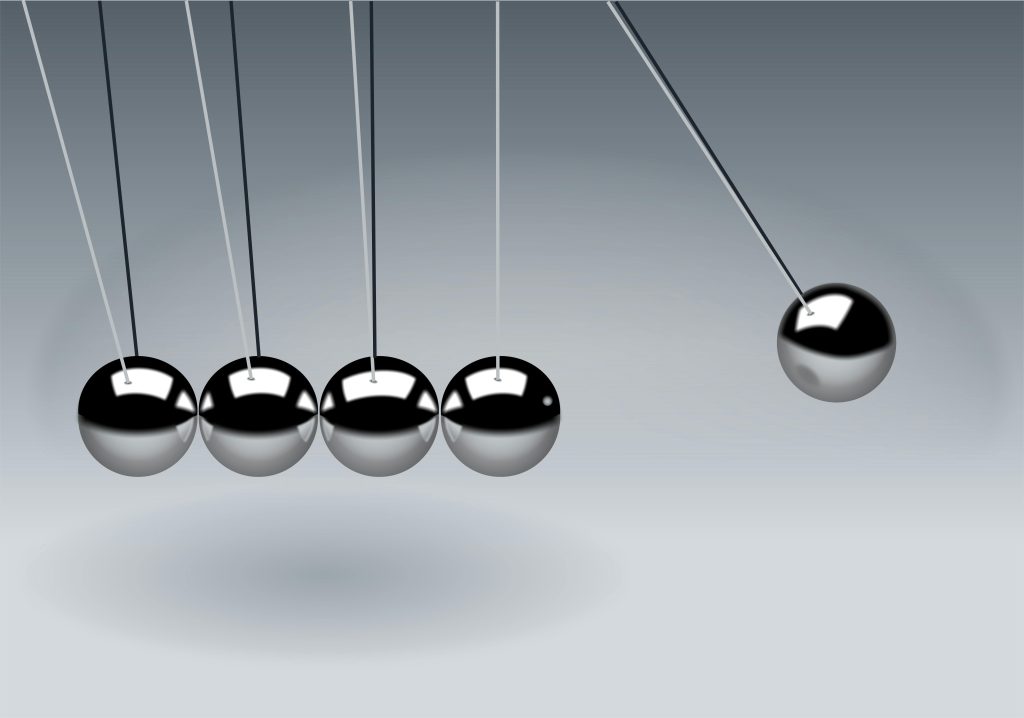In today’s fast-paced creative and professional environments, it’s easy to feel overwhelmed by constant ideation. From product launches and content calendars to design sprints and innovation sprints, the pressure to generate new ideas can lead straight to idea fatigue. But there’s a powerful countermeasure: using reflection to avoid idea fatigue. By pausing and processing, we replenish cognitive resources, spark deeper insight, and build sustainable creative momentum.

What Is Idea Fatigue?
Idea fatigue happens when you’re generating or absorbing so many ideas that they begin to feel indistinguishable, flat, or burdensome. It’s the moment when brainstorming feels more like a burden than a breakthrough. You might find yourself constantly chasing the next big concept while forgetting why you started.
This isn’t just a personal issue—it’s systemic. A recent McKinsey report notes that in the attention economy, creative workers are increasingly “valued for velocity over insight,” leading to shorter idea lifespans and increased burnout.
Why Reflection Is a Strategic Tool—Not Just Introspection
Reflection isn’t just about looking back. It’s about stepping back. It helps you identify patterns, make decisions, and integrate learning—functions that are all vital to sustaining creativity long-term.
According to research from Harvard Business School, individuals who reflect for just 15 minutes at the end of the day perform 23% better after 10 days than those who do not. Reflection doesn’t just protect your energy; it upgrades your clarity.
How to Use Reflection to Avoid Idea Fatigue
Let’s get practical. Here’s how to structure reflection so it actively protects your creative momentum.
1. Set Aside a “No New Ideas” Window
Designate regular time where your only job is to process what you already know. This could be daily, weekly, or even monthly. Use this window not to create or consume, but to reflect.
Try this:
- Review your notes from the past week
- Revisit half-finished ideas
- Write down what stood out and why
- Identify repeating thoughts or themes
This process helps surface what’s actually valuable, rather than chasing the thrill of novelty.
2. Use a Reflection Framework
Don’t just rely on vague journaling. Structured reflection is more effective.
Here’s a simple model:
- What did I learn this week?
- What surprised me?
- What didn’t work?
- What’s worth revisiting later?
Frameworks reduce decision fatigue while prompting deep thinking. Use tools like Notion, Roam Research, or even a physical notebook for consistency.
3. Tag Ideas Instead of Acting on Them
When every idea feels urgent, reflection suffers. Instead of launching into execution, tag your ideas with categories like:
- “Later”
- “Needs clarity”
- “Duplicate of X”
- “Follow-up required”
This habit prevents reactive thinking and keeps your creative bandwidth intact.
4. Distinguish Between Raw Input and Processed Insight
Scrolling, listening, or reading doesn’t equal learning. One of the main causes of idea fatigue is an overload of raw input with little synthesis.
Solution: Use reflection to convert input into insight.
After attending a talk or finishing a book, ask:
- What’s one thing I’ll actually use?
- Does this align with any of my current goals or projects?
- How does it challenge or confirm what I already believe?
By reflecting right after consuming information, you’ll cut down on noise and keep only what sticks.
5. Reconnect With “Why”
Sometimes we’re not short on ideas—we’re short on meaning. Reflection is a way to recalibrate purpose. Without this, even great ideas lose their edge.
Once a month, ask yourself:
- Why does this topic matter to me?
- What am I solving for?
- How would I approach this if I weren’t under pressure?
These prompts can reset your mindset and make creative work feel energizing again.
6. Audit Your Idea History
Go back and look at past notebooks, brainstorm docs, or voice memos. You’ll often find patterns or seeds of ideas that never fully bloomed. Instead of searching for what’s next, you may just need to finish or evolve something that already exists.
A 2023 article in Psychology Today emphasized the emotional payoff of this kind of reflection: it boosts confidence by showing you that your ideas have longevity—not everything has to be brand new.
When Reflection Doesn’t Work
Not all reflection is helpful. Overthinking, perfectionism, or constant self-critique can spiral into paralysis. Here’s how to avoid that:
- Set time limits. Don’t reflect endlessly.
- Separate reflection from evaluation. You’re not grading yourself—just observing.
- Focus on direction, not judgment. Look for what to do next, not what went wrong.
If reflection becomes draining, take a break and come back later. The goal is insight, not self-doubt.
Why This Matters Now More Than Ever
In 2025, creative pressure isn’t just internal—it’s algorithmic. Platforms reward volume. Markets reward novelty. Everyone’s moving faster. And yet, some of the most thoughtful voices today—thinkers like Cal Newport and Tiago Forte—are pushing back by emphasizing slow thinking, deep work, and knowledge curation over speed.
Reflection is the foundation of these practices. It’s how you create sustainably. It’s how you avoid getting swept up in reactive creativity and idea fatigue.
Conclusion
Learning how to use reflection to avoid idea fatigue is more than a personal growth strategy—it’s a form of resistance against the overload culture we’re all swimming in. When you make space to reflect, you regain control over your attention, your energy, and your work’s direction.
You don’t need more ideas. You need more understanding. And that starts by slowing down, stepping back, and thinking clearly.
References
- Gino, F. (2014). Reflecting on Work Improves Job Performance. Harvard Business Review. https://hbr.org/2014/10/reflecting-on-work-improves-job-performance
- McKinsey & Company. (2023). Why Creativity Needs Time. https://www.mckinsey.com/capabilities/people-and-organizational-performance/our-insights/why-creativity-needs-time
- Psychology Today. (2023). The Value of Reflection in the Digital Age. https://www.psychologytoday.com/us/blog/words-matter/202309/the-value-of-reflection-in-the-digital-age









